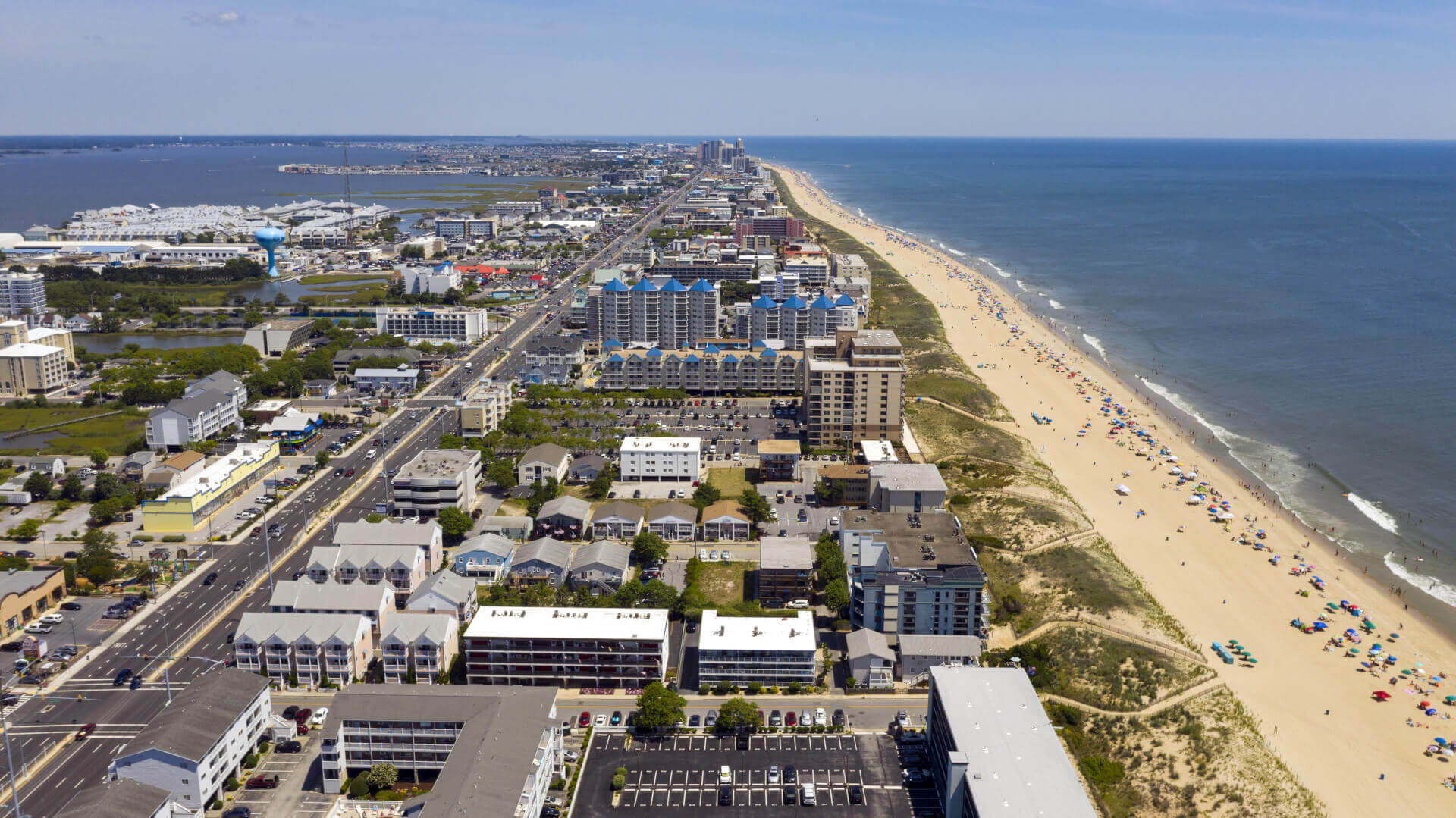Commission Recommends Pay Increases for Lawmakers During the Next Term

The next batch of Maryland lawmakers should get a raise, a salary review commission concluded.
The General Assembly Compensation Commission voted unanimously Friday to recommend an increase of about $6,306 to state lawmakers’ salaries during the next term, although some panelists said they wanted that figure to be higher.
The proposed increases would be 4% in 2023 and 2024 and 2% in 2025 and 2026 and would bring lawmakers’ salaries up to $56,636 in the fourth year from the current $50,330, Simon Powell of the Department of Legislative Services said.
That amounts to a total increase of more than 12%. The House speaker and Senate president would also see the same salary increase under the commission’s proposal, bringing their pay from the current $65,371 to more than $73,500.
The General Assembly Compensation Commission includes five members appointed by Gov. Lawrence J. Hogan Jr. (R), two members appointed by Senate President Bill Ferguson (D-Baltimore City) and two members appointed by House Speaker Adrienne A. Jones (D-Baltimore County). The commission’s recommendations will be subject to approval by the General Assembly, which can reduce or reject, but not increase, the recommendations.
The National Conference of State Legislatures considers Maryland, alongside 25 other states, a “hybrid” state legislature because lawmakers “spend more than two-thirds of a full-time job being legislator.” Average compensation for legislatures in the NCSL’s hybrid category is $41,110.
Heading into Friday’s meeting, members of the General Assembly Compensation Commission were split over increasing lawmakers’ pay. Three options were initially on the table: not increasing pay at all, increasing lawmakers pay by a cumulative 4.5% over the next four years, or increasing lawmakers’ pay by a cumulative 9.9% over the next four years.
Wendell G. Rakosky, a Hogan appointee to the commission, opposed significant raises to lawmakers’ salaries at a meeting Monday, pointing to the fact that Maryland legislators are among the highest-compensated in states the NCSL considers to have a hybrid model.
“We are right now pretty much leading the market,” Rakosky said Monday.
However, Lester Davis, a Jones appointee, said Monday that lawmakers are spending more time than before on legislative work outside of the session.
Matthew Gallagher, who was appointed to the commission by Ferguson, said Friday he would support an increase of up to 4% per year over the next four years, given that other commissions tasked with adjusting salaries for the judiciary and governor opted for larger increases — and because prior iterations of the General Assembly Compensation Commission haven’t consistently increased salaries.
“I feel like that that number could be justified given the actions of the other commissions, given the steps that are being taken with the statewide workforce, and particularly in reflecting on how little change there has been a legislators’ salaries since 2006,” Gallagher said.
Davis likewise said Friday that a larger increase would be warranted, given the increasing demands on state lawmakers.
“I think that the notion that the General Assembly is part time is just not accurate,” Davis said.
Rakosky said he didn’t believe a 16% increase would be justified, since that could make Maryland the highest paid legislature in the NCSL’s hybrid category. Gallagher, however, said if the commission didn’t increase salaries, that figure could backslide compared with other states that have opted to increase lawmakers’ salaries.
Rakosky suggested a 4% increase for both 2023 and 2024 and a 2% increase for 2025 and 2026 as a compromise. Gallagher, Davis and other commission members who supported a higher pay increase coalesced around that compromise, although they maintained that they would’ve liked to see a higher pay increase like the one Gallagher proposed.
Although Maryland has only a 90-day legislative session, many lawmakers indicated in a recent Department of Legislative Services survey that they spend a significant amount of time working on legislative issues outside of the session. Lawmakers are also barred from fundraising during the session.
Of the 136 lawmakers who responded to that survey, 28% said they dedicate 40 or more hours per week to legislative activities outside of the legislative session, 29% said they spend between 30 and 39 hours per week on legislative activity, 36% said they spend between 20 and 29 hours per week and 7% indicated they spend less than 20 hours per week on legislative activities outside of the regular session.
Roughly 96% of lawmakers who responded to the Department of Legislative Services survey said they spend 40 or more hours per week on legislative activities during the regular legislative session.
Some members of the commission said that, if the panel didn’t increase lawmakers’ salaries to adjust for cost of living, lawmakers would effectively see their compensation cut back over the next four years as inflation increases.
“If we don’t give an increase, at the very least an inflationary increase, we’re actually reducing the salaries,” LynAnn Dippel, a Hogan appointee, said Monday.
A prior commission recommended in January 2014 that salaries increase from $45,207 to $50,330 between 2015 and 2018, and salaries have been held steady since then.
According to a recent report by the nonpartisan group New American Leaders, lawmakers’ pay is tied to who can afford to run for office and lower pay hampers diversity in legislatures. That report states that “the flexibility required by legislatures is simply not the type of flexibility that industries like hospitality, administrative, social services, or educational fields can offer. Workers in industries that traditionally require more structured hours also struggle with access to the capital that is required to run for office in the first place.”




 Creative Commons Attribution
Creative Commons Attribution